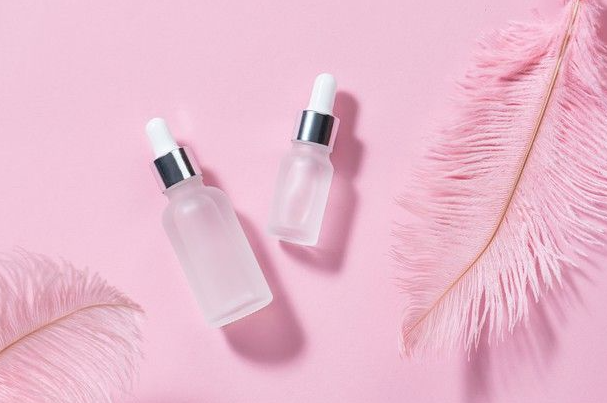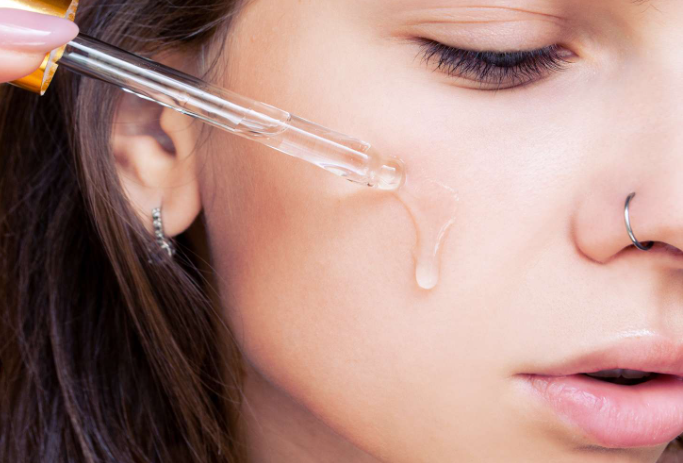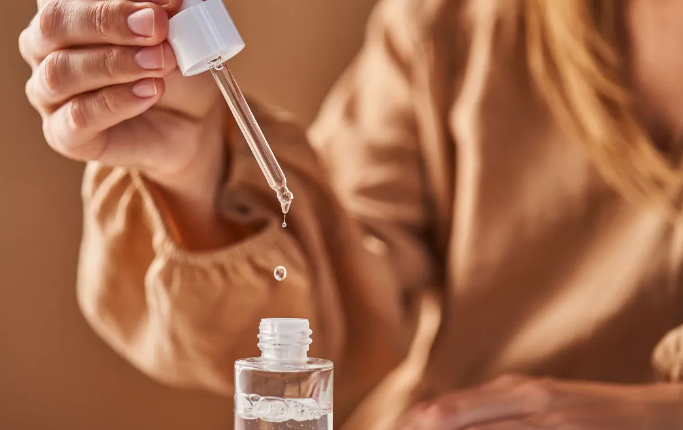Retinol, a potent form of vitamin A, has become a cornerstone in skincare. Known for its anti-aging and acne-fighting properties, retinol is a popular ingredient in many skincare products. Available over the counter in various formulations, and in stronger concentrations by prescription, retinol offers versatile benefits for a range of skin concerns.

What Does Retinol Do for Your Skin?
Retinol excels at increasing skin cell production and exfoliating the skin. It helps unclog pores, reduce the appearance of fine lines, and boost collagen production. This process results in smoother, more youthful-looking skin. Retinol improves skin texture by promoting cell turnover, which can help with issues like acne, dark spots, and large pores.
Types of Retinol Products
Retinol comes in various forms, including creams, gels, lotions, ointments, and serums. These typical treatments vary in their strength and intended use. Common prescription retinoids include Adapalene, Alitretinoin, and Tretinoin, each tailored to specific skin issues.
How Long Does It Take for Retinol to Work?

Retinol begins to work immediately by affecting your skin cells, but visible results typically take several weeks. Initial use might cause your skin to look worse, known as the “retinol purge,” as it adjusts to the treatment. Consistent use will eventually lead to clearer, more radiant skin.
Treatments and Benefits
Retinol is highly effective in treating acne by preventing clogged pores and reducing inflammation. It also addresses acne scars and dark spots caused by sun damage. Retinol can minimize large pores and improve skin texture. For conditions like Kaposi sarcoma and melasma, retinoids can slow progression and fade dark patches, respectively.
How to Use Retinol?
Start with a patch test to ensure your skin reacts well to retinol. Apply a thin layer to your face after cleansing, avoiding sensitive areas like your eyes. Begin with every other day application to minimize irritation. As your skin adapts, you can increase usage to daily. Always follow up with a non-comedogenic moisturizer.

Managing Side Effects
Retinol can cause dryness, redness, and irritation. To manage these effects, use retinol products sparingly, wait 30 minutes after washing your face before applying, and use sunscreen daily. Avoid using retinol on sunburned or irritated skin and consult your healthcare provider for personalized advice.
Retinol vs. Other Vitamin A Derivatives
Retinol is just one form of vitamin A used in skincare. Prescription retinoids, like tretinoin, are stronger and often more effective but require a prescription. Over-the-counter retinol products typically contain lower concentrations and can be combined with other beneficial ingredients.

Retinol and Pregnancy
Pregnant or breastfeeding individuals should avoid retinoids due to potential risks. Topical retinoids, though less absorbed, still pose risks. Consult your healthcare provider before starting any new skincare regimen if you’re pregnant or planning to become pregnant.
Conclusion:
Retinol remains a powerful tool in skincare, offering numerous benefits when used correctly. Whether you’re targeting acne, signs of aging, or uneven skin tone, retinol can be a valuable addition to your skincare routine.

